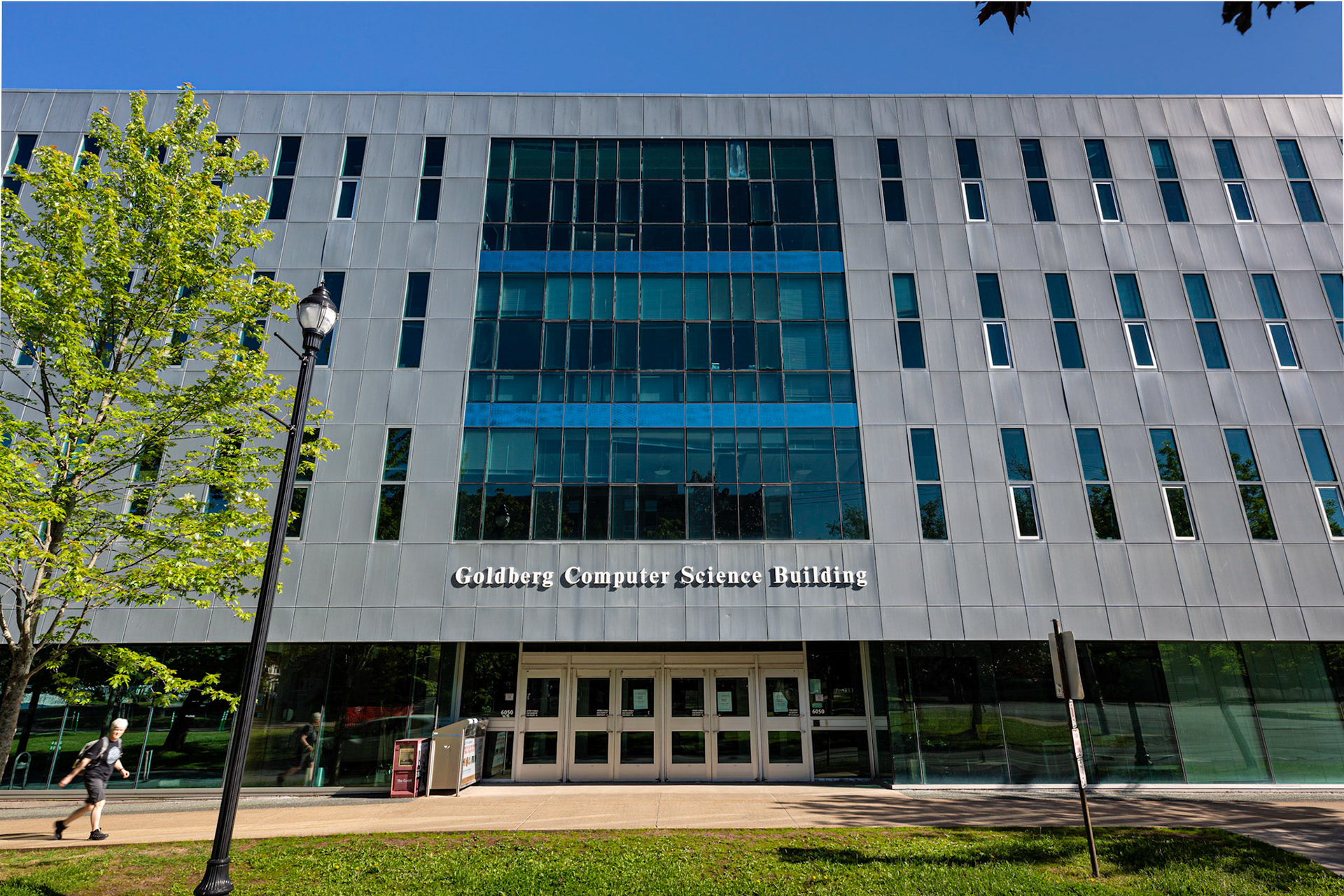Modeling and Analytics on Predictive Systems


Vaishnav Vaidheeswaran, Dilith Jayakody, Samruddhi Mulay, Anand Lo, Md Mahbub Alam, Gabriel Spadon (2025) Goal-Conditioned Reinforcement Learning for Data-Driven Maritime Navigation IEEE International Conference on Big Data (BigData'25) — Regular Paper (to appear)
Gabriel Spadon, Ruixin Song, Vaishnav Vaidheeswaran, Md Mahbub Alam, Floris Goerlandt, Ronald Pelot (2025) Modeling Maritime Transportation Behavior Using AIS Trajectories and Markovian Processes in the Gulf of St. Lawrence 9th International Workshop on Applications of Big Data Methods and Technology in the Transport Industry (BigData'25 Workshop) — Regular Paper (to appear)
Gabriel Spadon, Oladapo Oyebode, Camilo M Botero, Tushar Sharma, Floris Goerlandt, Ronald Pelot (2025) Community-Centered Spatial Intelligence for Climate Adaptation at Nova Scotia's Eastern Shore ACM Conference on Spatial Intelligence for Smart and Connected Communities (SpatialConnect'25), co-located with the ACM SIGSPATIAL International Conference on Advances in Geographic Information Systems (ACM SIGSPATIAL'25)